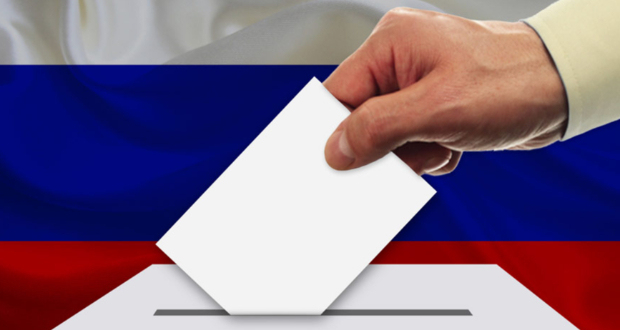From March 15 to 17, Russia held presidential elections. About 112 million people were eligible to vote inside the country and 1.9 million eligible voters were able to cast their ballots abroad.
The incumbent president Vladimir Putin gains 87.32 percent, according to the data from the Russian Center Election Commission. The opposition candidates combined received less then 12% of votes. The outcome of the elections may appear predictable. All the same, these estimations hardly encapsulated the nuanced complexities of the electoral landscape due to some distinctive features which underlie the current political process. Notably, 33 nominations were filed, representing a very diverse political spectrum. Among these candidates, there were some representing an anti-military stance, coupled with certain liberal agenda platforms. Second, the system opposition parties are facing difficulties related to “generational change”, which manifested itself in gradual displacement of ‘political dinosaurs’ from amongst leaders of the LDPR (Liberal Democratic Party of Russia) and CPRF (Communist Party). In their stead, new figures emerged. Third, the current elections are happening against the backdrop of the Ukrainian conflict. The electorate comprises not only residents of the new regions but also those who have fled Russia. Fourth, it is the first time when electronic voting is being used during the presidential elections.
Candidates
The final ballot includes only four candidates. The number is a historical low in modern Russian history, mirroring the count of contenders during the 2008 elections, which saw the victory of Dmitry Medvedev.




